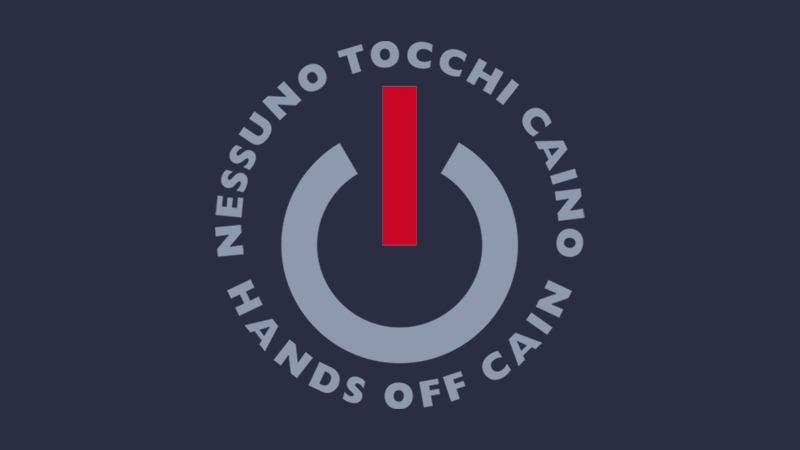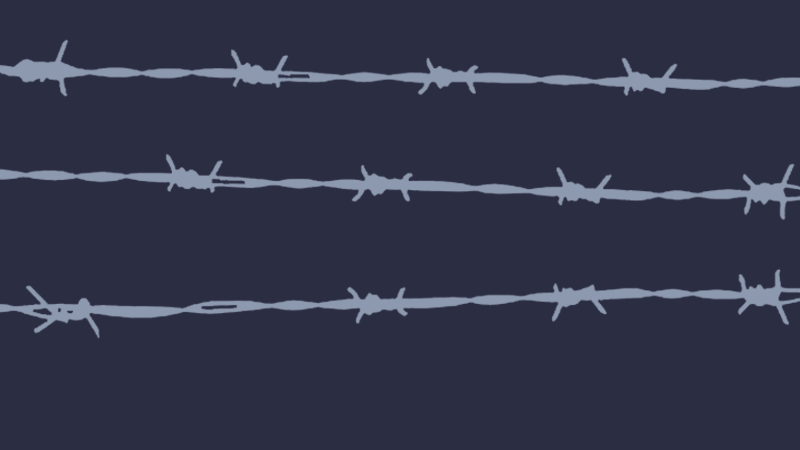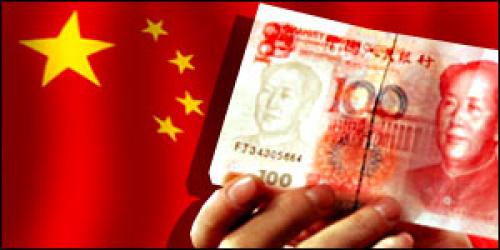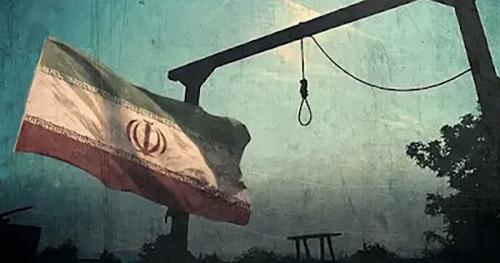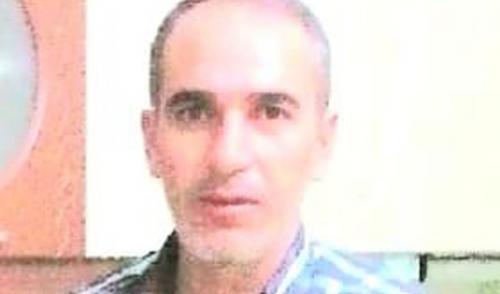07 November 2004 :
Long criticised by human rights groups for its widespread use of the death penalty, Vietnam is now tentatively witnessing a debate on the issue, even though most observers consider a ban to be a long way off.
This month the communist state is to host a European Union forum on capital punishment -- something that until recently would have been unimaginable.
"The original idea came from the Vietnamese side," a European diplomat told AFP, asking not to be named. "There are lots of positive noises about the debate and we want to encourage that."
"This is actually a very good human rights story about Vietnam, and there are not so many of them," the diplomat said.
Vietnam has handed down at least 97 death sentences so far this year and put 63 people before the firing squad, according to figures compiled from state media and court officials.
No official figures are available. In January, Vietnam even made it an offence to report information on the death penalty, classified as state secret. The decision was however poorly respected and no one was punished for reporting an execution.
International concern over the record is compounded by what is perceived as an inherent unfairness in Vietnam's heavily politicised legal system.
Defendants are seldom able to choose their lawyers, who in turn have little access to their clients. According to a legal expert cited by the US State Department, more than 95 percent of those brought to trial are found guilty.
"Routinely unfair trials in Vietnam mean that the death penalty is imposed under conditions which may lead to irreversible miscarriages of justice," human rights group Amnesty International noted last year.
But signs of change have emerged since April, with plans aired to wipe a number of charges from the capital punishment list, including so-called economic crimes such as bribery and corruption, for which several people are executed annually.
Justice Minister Uong Chu Luu told the local press that he supported the plan and would put the changes before the government, in what he described as an effort "to catch up with the trend of democracy and humanity."
"We will cooperate with relevant anti-crime organisations and agencies, looking for public opinions and learning from the experience of other countries before submitting the proposal," he was quoted by the Tuoi Tre daily as saying.
Nguyen Duy Lam, a top justice ministry official, told AFP the time was ripe for change.
"The death penalty for economic crimes is banned in many countries and is not used in others... but is retained in Vietnam because of the growth of economically-motivated crime in recent years," he said.
"Many other countries have changed their law, we should change ours."
Any such amendments to the criminal code would have to be approved by the National Assembly, which usually follows Communist Party decisions, and would represent a second major change to the law.
Five years ago Hanoi slashed the number of crimes punishable by death from 44 to 29, but in the interim only the methods of executions have been discussed.
Two separate diplomatic sources told AFP that a senior member of the Vietnamese government had let it be known to foreign officials this year that he wanted to see the death penalty abolished by 2010.
"What is new is that there is, in effect, a debate," one overseas diplomat based in Hanoi said.
Even if Vietnamese officials refuse to openly venture a timetable for changes to the criminal code and the reality of a ban seems a long way off, those lobbying against the death penalty are taking heart from the debate entering the public domain.
Now, at least, the subject is no longer taboo.
(Sources: Agence France Presse, 07/11/2004)


